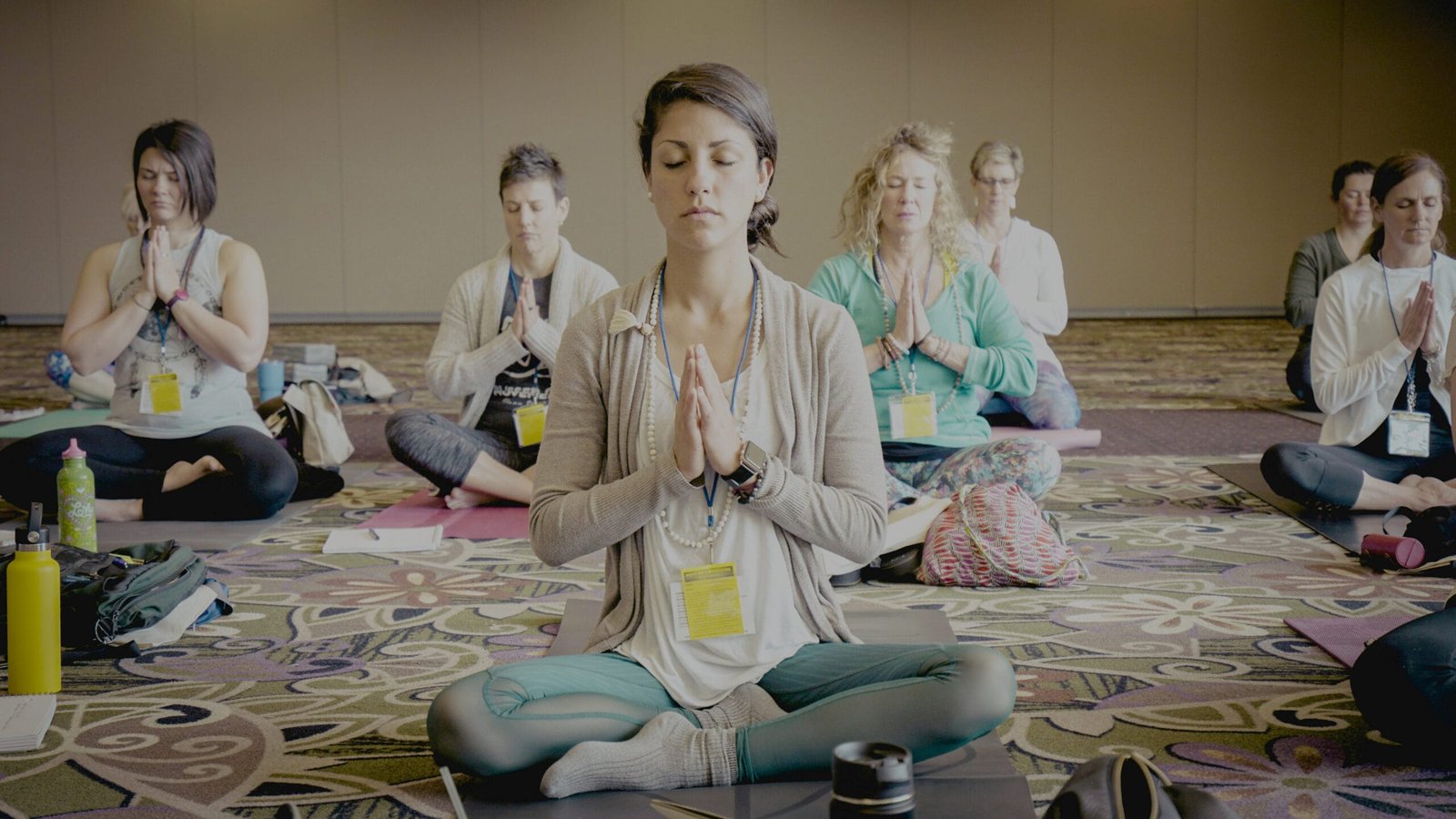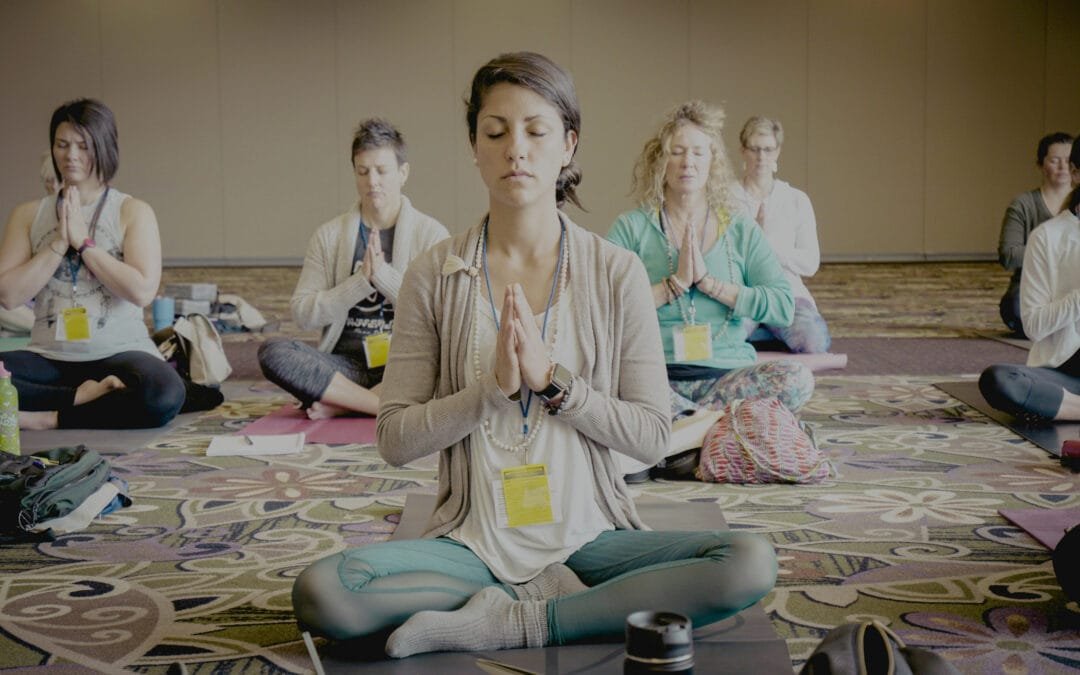
Introduction: Mindfulness Secrets
Ever wondered what the real deal is between meditation and mindfulness? Sure, they sound like they’re from the same family (and they kind of are), but there’s more to it than meets the eye. Let us break it down into simple terms so you can decide what works best for your mental clarity and overall well-being.
Mindfulness: Living in the Moment
Mindfulness is all about being present—fully and non-judgmentally. It’s like hitting the pause button on life to notice what’s happening right now. Whether you’re sipping coffee or stuck in traffic, mindfulness is about tuning in without letting your mind wander off like a distracted puppy.
- Key Traits of Mindfulness:
- Being aware of your surroundings, thoughts, and feelings, at all times.
- Not judging what you observe—just noticing it.
- Accessible to anyone, anywhere (no special setup required!).
Want to integrate mindfulness into your day? Try these mindfulness tips from the Mental Wellness Guide.
Meditation: The Art of Focus
Meditation is like mindfulness’ overachieving sibling. It’s more structured, involving specific techniques to train your mind and foster peace. Think of it as setting aside time to hit the mental gym.
- Key Traits of Meditation:
- Often involves sitting quietly and focusing on your breath, a mantra, or a specific visualization.
- Requires dedicated time and a bit of practice to master.
- Aims for mental discipline and transformation.
For beginners, structured meditation techniques are detailed in our Elevate Mental Wellness Guide.
How They Compare: Side-by-Side Look
| Feature | Mindfulness | Meditation |
|---|---|---|
| When? | Anytime, all day long | Dedicated practice sessions |
| Goal? | Stay present | Transform and focus the mind |
| Ease of Use? | Easy for beginners | Takes a bit more effort |
| Method? | Observing without judgment | Structured mental training |
Why Both Are Game-Changers: Mindfulness Secrets
Here’s the science-y bit: meditation and mindfulness can actually rewire your brain. Yup, they’re backed by solid research showing benefits like reduced stress, better focus, and even improved immune function.
- Stress Management: Both reduce cortisol (a.k.a. the stress hormone).
- Mental Clarity: Sharpen your focus and decision-making.
- Emotional Wellness: Build resilience and balance.
Dive deeper into the science of wellness with our General Wellness Guide.
Practical Ways to Get Started
Mindfulness Hacks:
- Notice your breathing while waiting in line.
- Pay attention to the flavors in your next meal.
- Start small—just five minutes a day!
Meditation Tips:
- Try guided meditations for a head start.
- Use apps like Calm or Headspace for support.
- Focus on your breath and let distractions fade.
Wrapping It Up the Mindfulness Secrets
The key is that mindfulness keeps you grounded in the moment, while meditation helps you dig deeper into your mental wellness journey. Both are incredible tools for stress management, improving focus, and creating a healthy lifestyle.
Curious to learn more about crafting your healthy lifestyle? Check out our Lifestyle Guide or discover how to Master Work-Life Balance. Keep in mind that the vast topic is of great interest you have following as the summary:
Mindfulness techniques help keep individuals grounded in the present moment, while meditation allows for deeper exploration of mental wellness.
- Stress, anxiety, and sadness can all be effectively managed with these techniques. Mindfulness-Based Cognitive Therapy (MBCT) combines cognitive therapy with mindfulness to build emotional resilience and reduce relapse rates in depression4.
- Key principles of mindfulness include nonjudgmental observation of thoughts, acceptance of emotions, present-moment awareness, and self-compassion.
- Nature-based mindfulness has gained attention, with research showing that both mindfulness training and exposure to nature have positive health effects. Natural environments are particularly suited for fostering “soft fascination,” which supports attention restoration.
- Mindfulness practices are becoming increasingly popular in various settings, including therapy. In Aiea, for example, mindfulness therapy has been rising as a method to guide individuals from stress to serenity.
- The mental health landscape is evolving, and therapists are adapting their approaches to treatment, incorporating mindfulness techniques as part of this shift.
People can attempt to change their mental landscape by implementing these “mindfulness secrets,” which may result in better emotional control, stress reduction, and general mental health.

